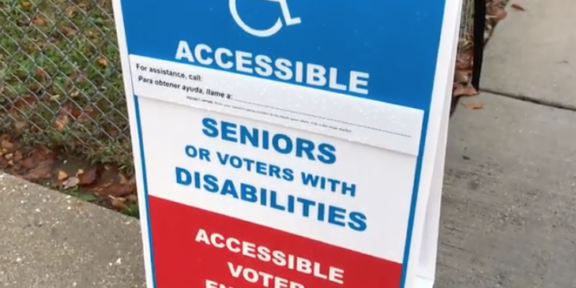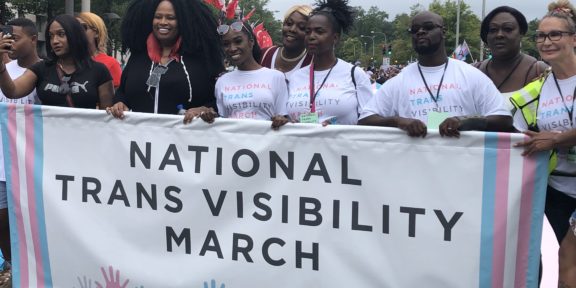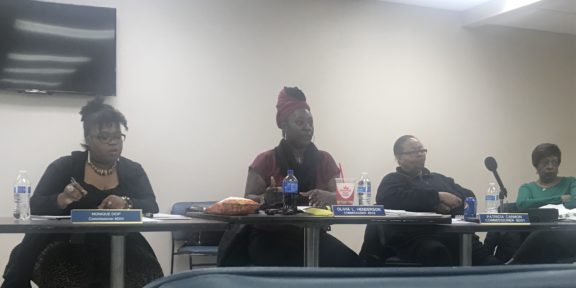First Generation Americans See Advantages, Challenges In Their Experiences
 First generation children of immigrant families often have to balance their parents' culture with American culture. Photo by Stock Free Images.
First generation children of immigrant families often have to balance their parents' culture with American culture. Photo by Stock Free Images. Janee Jenkins, Howard University News Service As many can assume, being a child of an immigrant single parent or couple is very challenging. These children, even as they grow into their adulthood, are faced with many difficulties and experiences that they carry with them throughout life. Life is already tedious and laborious enough as a minority, but can be even more so as an immigrated minority who may know little to no English with children and a family to tend to. When speaking with Teshawn Sinclair, born and raised in Costa Rica and then moved to the Miami, Florida at the age of 10 years old, he explained that moving here was a big change from his normal environment. Costa Rica is a rugged, rainforested country in Central America within the Caribbean and Pacific oceans. It’s most known for its beaches, volcanoes, and biodiversity within plant life and produce. But despite its beautiful scenery and environment, Costa Rica is still a third world country meaning that the poor outweigh the middle class and rich combined, and Sinclair found himself a part of the lower middle class. But he soon found that Costa Rica middle class and United States middle class, while being similar, are still two very different groups of people with different lifestyles, mannerisms, and expectations. Especially since Spanish was his first language, having to learn to be fully fluent in English was a struggle but he overcame that through the help of his parents and school teachers. Sinclair stated that his biggest struggle with acclimating to the United States was finding friends. He was a shy student due to his different cultural background which made him reluctant to keep friends as he advanced through academic career and life. But he eventually outgrew that stage of his life, and is now an aspiring architect, pursuing his master’s degree at Rensselaer Polytechnic Institute, who likes to keep a pretty tight circle. Other struggles that children of immigrants faced are heavy reliance and dependence on them from the parent(s) if the adults do not know English. This was the case for Daniela Contreras. She and her parents, all born and raised in Columbia, moved to the United States when Daniela was 13, and they all had to assimilate to the an entirely different culture of the United States. In addition to only speaking Spanish before moving, Contreras also grew up very poor while living in Columbia with anywhere from 4-6 people living in a small household. So being that she was the only person who could understand English, she took on the responsibility of filling out important government paperwork and translating for her parents any time they went out somewhere that didn’t cater to the Spanish speaking community. This took a heavy toll on her, especially while she was going through a big transitional stage in life from middle school to high school. She had to realize at an early age that her parents are depending on her to be responsible, rational, and mature, which is a lot of weight to put on a child/teen who is still figuring out themselves and the world. At such an early age, she came to the conclusion that she couldn’t afford to fail at anything, which is not an always healthy mindset to have. Of all the troubles of being an immigrant or having an immigrant family, there are also many positive elements to having a more culturally diversified family. One being developing and cultivating a well-rounded world view and perspective on things because of the way you grew up. Marcus Truelle, whose mother is from Cape Verde explained that growing up in a middle class household of all women including his mother, sister, and his grandmother made him into a more well-rounded person and helped him grow for the better. In living with all women, he’s able to pick up on subtle and obvious things about himself and about women in general, which is knowledge that he can take and use later on in life. In addition, his living conditions has also helped him nurture a balanced and diversified music taste and collection. This allowed him to connect with more people and form genuine relationships with those around with similar interests. A similar attribute that all these different stories have is that they are or were of middle class economic status, which is very common in families of immigrants. The United States population is nearing a historic high of immigrant population, and with that comes redistribution of resources and aide which is not always prioritized for immigrant families. Especially since we are in a global pandemic, and we are close to fully distributing a vaccine, supplies and materials must be available and accessible to not only natives, but also minorities, immigrants and their families as well. During this pandemic, we’ve seen how it has disproportionately affected minority families. In order to stop that, we must be considerate and account for the entire spectrum of society, not only those who bring in the most revenue. This is not an issue that can be handled alone. We all must take responsibility and do our part in helping recognize the disconnect between the government and immigrants, and help mend that bridge so that no one is left feeling out of place or neglected.









